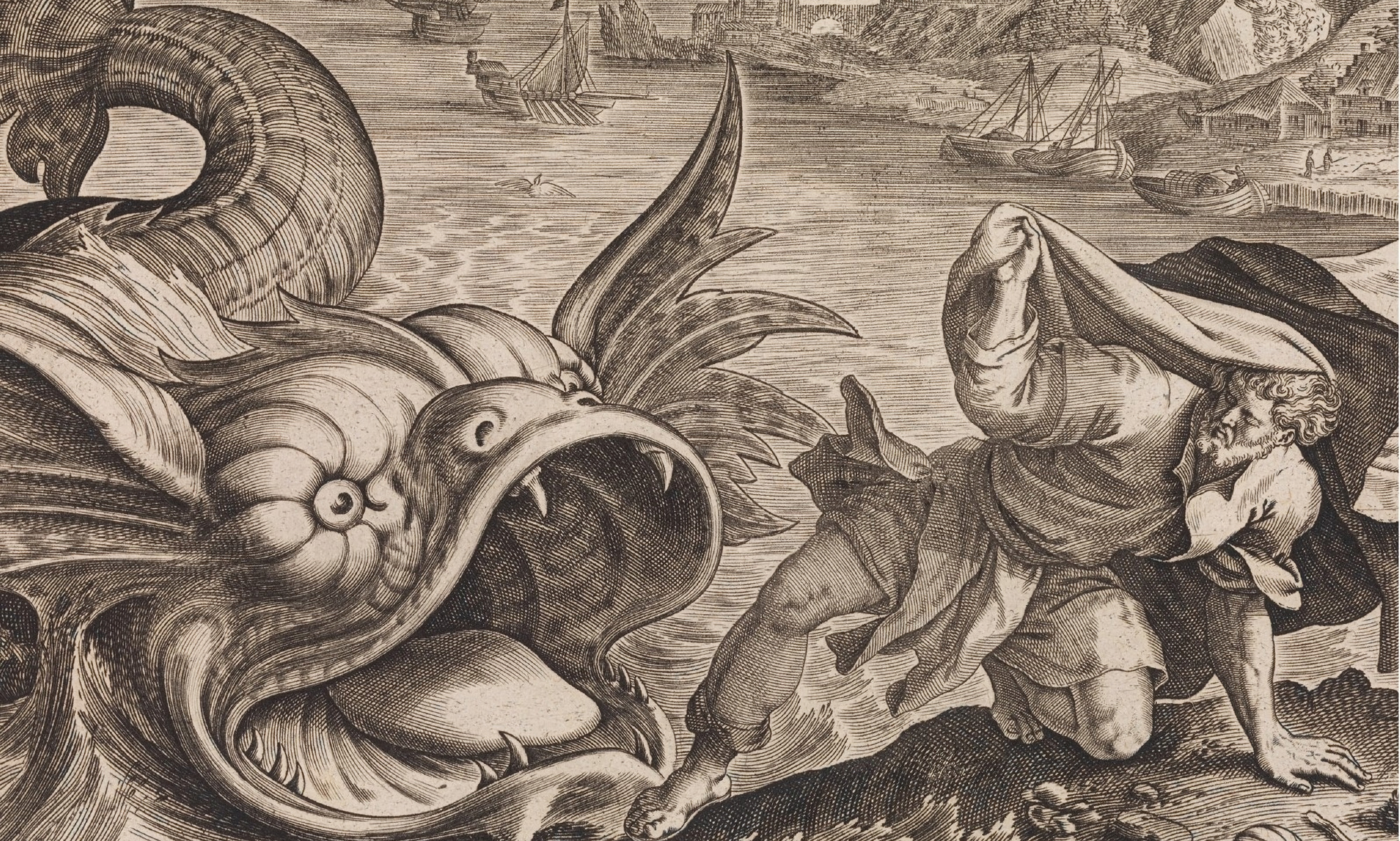Fire is often used to portray anger. Anger burns and blazes. It inflames the human heart. But it can also be a subtle presence. It can turn totally inward and become depression. It can also hide under several guises. However, unlike resentment, which points to death, anger points to life. For oppressed people, or for oppressed dimensions within the individual life, the awakening and release of anger can be powerfully liberating. Anger is powerful because it has an immediacy, innocence and action in it. The reason that so much evil and corruption are allowed to destroy so many lives is that people’s anger is cleverly managed and quelled into indifference and powerlessness. One of the first targets of prophecy is to locate and kindle this forgotten and neglected anger. Part of the wisdom of living a creative and healing life is to learn the art of using this inner fire well.
John O’Donohue, ‘Fire: At Home at the Hearth of Spirit’, in: The Four Elements: Reflections on Nature
